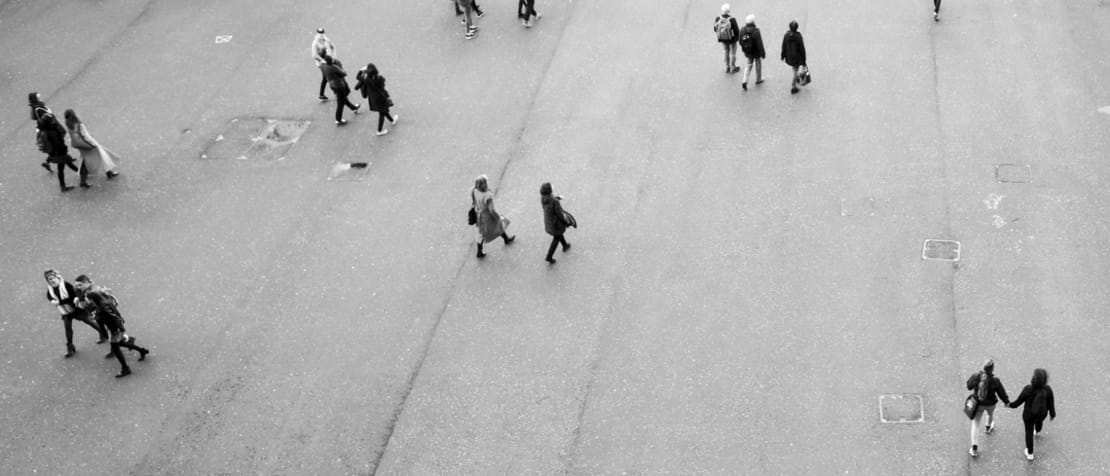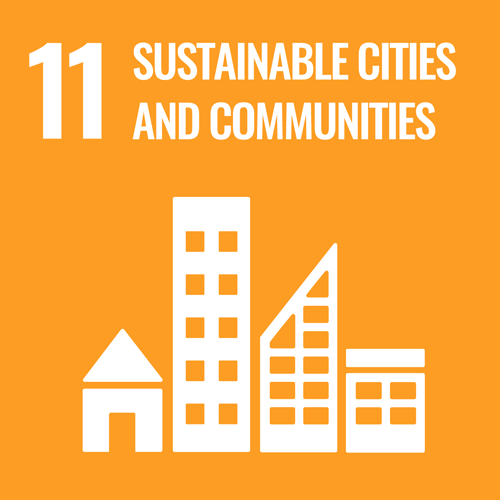Rather than focus on technology and its challenges, it is important to first build on citizen needs, which can in turn lead to technological solutions.
This was one of the key messages in an interview with Francesca Bria, CTIO at Barcelona City Council and Project Lead for DECODE at last week’s AI for Good Global Summit at ITU headquarters in Geneva, Switzerland.
“In order to make sure that AI will be picked up and defused throughout society and the economy, we need to start from trust. We need to regain the trust of citizens and do it together with them,” said Bria.
The use of AI and machine learning for cybersecurity, healthcare and agriculture, among others, can present social, economic and legal issues and challenge institutions and governments and the way they work with citizens. In this regard, a more participatory approach is crucial to find the best ways to apply this kind of technology.
“Partnership and work in an ecosystem with the right stakeholders and citizens at large is important to achieve a human-centered vision for AI.”
WATCH THE VIDEO:
Bria believes that to fulfill the vision of technology serving the public good, there needs to be a strong alliance, as well as proper regulation, infrastructure, funding and investment in order to bet on AI as a critical industry of the future.
RELATED: What’s next for ‘AI for Good’? 4 key transformations on the horizon.
“Partnership and work in an ecosystem with the right stakeholders and citizens at large is important to achieve a human-centered vision for AI,” she said.
Cities, governments, companies, academia, economists, policy makers, scientists, technological and ethical experts and most importantly, citizens, should all form part of this critical alliance.


 Register here
Register here












